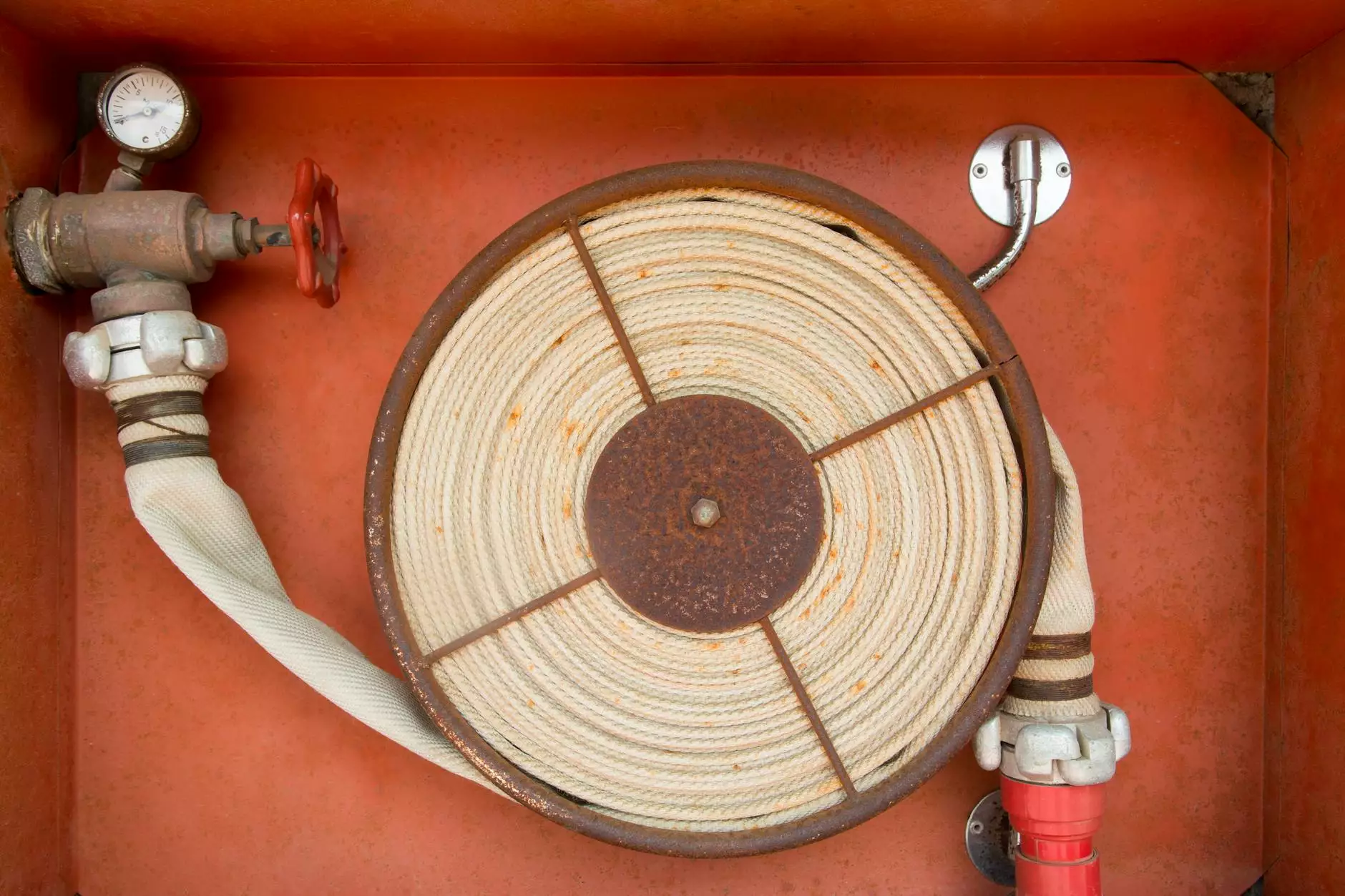Quaker Parrots: The Gentle Companions

Quaker parrots, also known as Monk parakeets, are among the most charming and affectionate companions you can find. These small, yet vibrant birds have captured the hearts of bird enthusiasts around the world. In this comprehensive guide, we will explore everything you need to know about Quaker parrots, including their care, personality, habitat, and more. This article aims to be your go-to source for everything related to these captivating creatures.
Understanding Quaker Parrots: Characteristics and Traits
Quaker parrots are famously known for their playful and intelligent demeanor. Originating from South America, particularly Argentina, they are social birds with an endearing personality. Here are some key characteristics:
- Size and Appearance: Quaker parrots are small to medium-sized birds, typically measuring about 10 inches in length. They have a green body, with a slightly lighter green on their chest and a distinct grayish-green face.
- Social Nature: These parrots thrive in social environments. They are best kept in pairs or groups to prevent loneliness.
- Vocalization: Quaker parrots are known for their loud and cheerful calls. They can learn to mimic sounds and can even develop a vocabulary.
The Personality of Quaker Parrots
Quaker parrots are renowned for their delightful personality traits. They are often described as:
- Affectionate: They love to bond with their human companions and often require attention and social interaction.
- Curious: Quakers are inquisitive by nature, continuously exploring their surroundings and engaging in play.
- Playful: These birds enjoy toys, games, and even puzzles that stimulate their minds and keep them entertained.
Caring for Your Quaker Parrot
Proper care is essential for the health and happiness of your Quaker parrot. Here’s a detailed look at what you need to provide:
1. Optimal Housing
Your Quaker parrot needs a spacious and safe living environment. Here are some guidelines:
- Cage Size: The cage should be large enough for the bird to spread its wings and move around comfortably. A minimum size of 24"x24"x36" is recommended.
- Cage Accessories: Include perches of varying thickness, toys for interaction, and safe materials for chewing.
- Location: Place the cage in a location where they can be part of family activities but away from direct sunlight and drafts.
2. Nutrition
A well-balanced diet is crucial for your Quaker's health. A proper diet includes:
- Pellets: Look for high-quality pellets that provide balanced nutrition.
- Fresh Fruits and Vegetables: Offer a variety of fresh produce like apples, carrots, and leafy greens.
- Seeds as Treats: Seeds can be given as occasional treats, but they should not make up the majority of their diet.
3. Socialization and Interaction
As social creatures, Quaker parrots require plenty of interaction to thrive:
- Daily Interaction: Spend time with your bird daily, including talking, playing, and handling them.
- Bonding Time: Allow them out of their cage to explore in a safe environment.
- Training Opportunities: Engage in training sessions to teach them tricks and commands, which also helps in building trust.
4. Health Care
Regular check-ups are essential to monitor your Quaker parrot's health:
- Veterinary Visits: Schedule annual check-ups with an avian veterinarian.
- Signs of Illness: Be vigilant for signs of illness, such as changes in appetite, behavior, or droppings.
Benefits of Owning Quaker Parrots
Owning a Quaker parrot comes with numerous benefits, making them ideal pets for many bird lovers:
- Companionship: Their loving nature makes them excellent companions.
- Entertainment: Their playful personalities and mimicry skills provide constant entertainment.
- Emotional Bonding: Quakers often form strong bonds with their owners, providing emotional fulfillment.
Common Misconceptions About Quaker Parrots
Despite their popularity, there are common myths surrounding Quaker parrots that need addressing:
- They Are Loud: Yes, they can be vocal, but with proper training and socialization, they can learn to be quiet at times.
- They Are Difficult to Train: Quaker parrots are actually quite trainable and learn quickly with positive reinforcement.
- They Don’t Need Attention: These birds thrive on interaction, and neglect can lead to behavioral issues.
Quaker Parrots in the Pet Industry: A Growing Trend
The demand for Quaker parrots in the pet industry has been on the rise. Their friendly nature and resilience make them popular choices for families and individuals alike. If you are considering adding a Quaker parrot to your family, visiting reputable pet stores or pet breeders is essential to ensure you are getting a healthy bird with a good temperament.
Training Your Quaker Parrot
Training is a vital part of owning a Quaker parrot. Here’s how to make the process effective:
1. Start Early
Begin training when your Quaker is young. Young birds are usually more adaptable and open to learning.
2. Positive Reinforcement
Use treats and praises to encourage good behavior. This technique makes learning fun for your bird.
3. Short Sessions
Keep training sessions short but frequent. Ten to fifteen minutes several times a day works best.
Conclusion: A Fulfilling Experience with Quaker Parrots
In conclusion, Quaker parrots are affectionate, engaging, and intelligent companions that bring joy to their owners. With the right care, socialization, and training, these birds can develop into beloved members of your family. Whether you are a seasoned bird owner or are considering your first pet, Quaker parrots can be a fulfilling choice. Explore reputable sources like Rare Exotic Birds to learn more about these captivating creatures and how you can welcome one into your home.
quakers parrots








